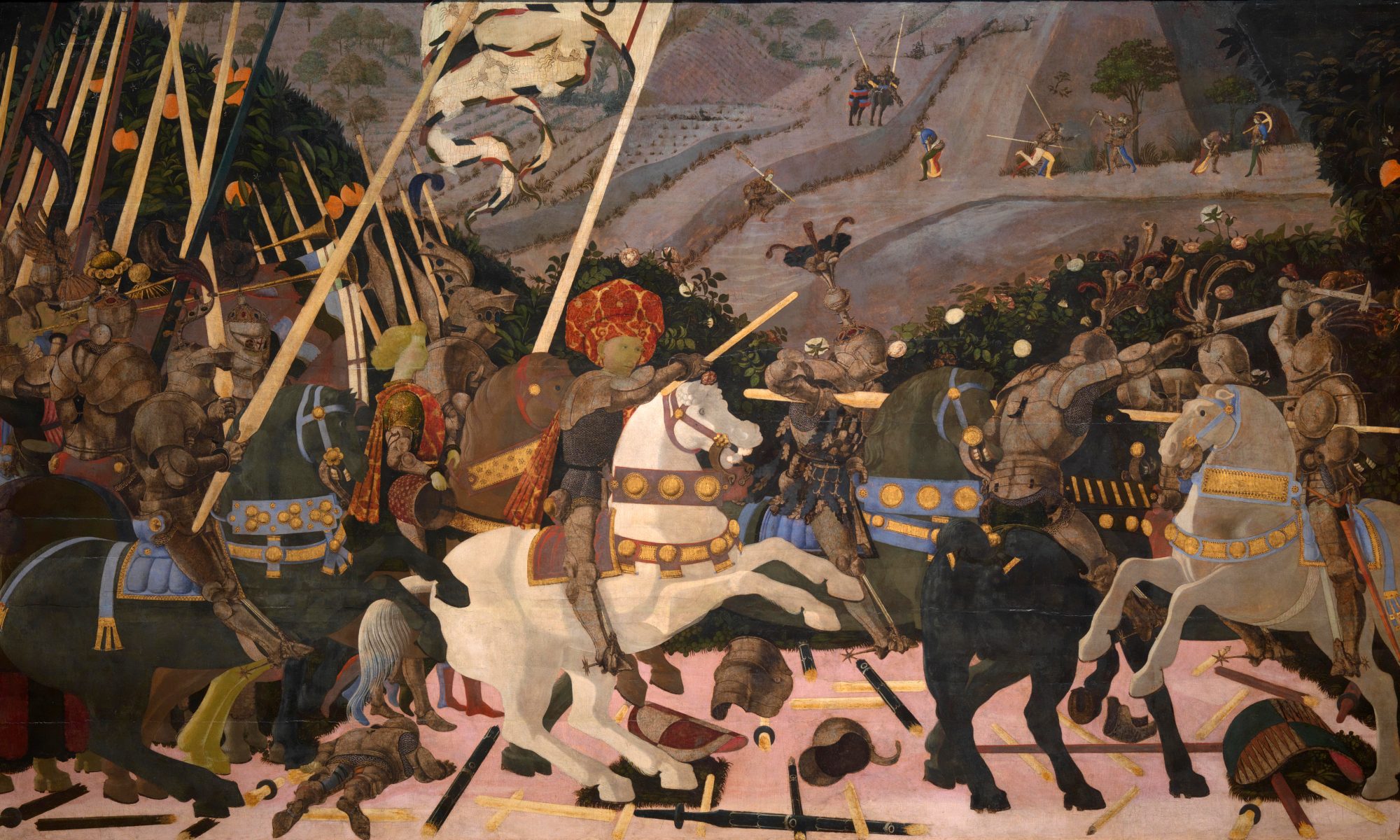The Brendan voyage by Tim Severin E-book Review.
Published by Endeavour Press $4:79
http://www.amazon.com/The-Brendan-Voyage-ebook/dp/B00B4XLT4I/ref=sr_1_1?ie=UTF8&qid=1375089193&sr=8-1&keywords=the+brendan+voyage+endeavour+press
Few books can claim to tell the story of a true Adventure in Historyland like the Brendan Voyage. Tim Severin’s record of his epic 1976-1977 crossing of the Atlantic in a small leather boat, to recreate the fabled voyage of St Brendan the Navigator, who was supposed to have landed in America before the Vikings.
The subject is a great mix of adventure and history that will appeal to Traveler’s , historians, adventurers, archeologists and people who enjoy a story well told. It’s a modest size single volume of 234 pages with some helpful appendixes at the back, illustrated by seven interesting pictures. The cover is nice and grabbing, with a great picture of the leather boat Brendan, crossing a troubled sea.
Severin’s quest to research and build the Brendan will be familiar to those of us who are obsessed with trying to tease out the mysteries of History from their long established hiding places. It starts with a quick dive into the adventure, then slams on the brakes and builds back up, but there is no vile tedium, just the loving detail of someone who is telling the story of something he has gone through. The part about the building of the Brendan is fascinating, and the whole book is pervaded with Severin’s deep knowledge of his subject.
His prose is crisp and clear with a lively imagery and turn of phrase that is not at all pretentious, rather the whole takes on the spirit of a modern saga , rattling along with the enthusiasm and attention to detail of a natural story teller, mixed with a quasi romantic flair and sense of timing which betrays Severin’s talents as a novelist. It is an uncomplicated and largely uncluttered formula, which first and foremost tells the story by showing you what happened instead to trying to explain it, giving the whole an immediacy, and fast flowing narrative that is most attractive.
One of the best parts of the tale is the description of the Brendan’s crew. Each individual is set apart from the other to be as instantly identifiable as a character from Robin Hood or King Arthur. They take on a wonderful reality that is at the same time almost too good to be true, making you wonder from time to time whether you are reading about real life people or something from an ancient legend. If this book had been a work of fiction then it would have been a testament to the imagination and skill of the writer, but any writer would have been hard pressed to imagine the tale, of luck, courage, comradeship, skill, bravery, considerable privation and at times just down right insanity that plays out across the book.
Severin is an experienced seaman, but don’t be afraid that you’re going to get lost in allot of technical jargon, it’s very likely you won’t get everything, but even the most confirmed land lubbers will be able to gather what is going on.
Their encounters with birds and Wales are breathtaking and unreal. The welcoming nature of the islanders they encountered is warm and comforting and the terror of the Greenland ice flows brings home just how dangerous the expedition was, it’s all here. Honestly I expected to find monotony, but though when becalmed Brendan’s crew suffered as much as any sailor does from boredom, the nature of the boat in question inclined to craft a story, more of constant activity and watchfulness than drudgery. Were in instances that to any other modern ship would have been crushingly boring to read about, when transposed to the leather hull of the boat that, by the end of the book even I had come to love, makes you feel that there weren’t many dull moments on the Brendan Voyage.
This book will be an eye opener for those people not acquainted with the tales of the Irish monks that Christianised Britain. For it shows what type of men they were. Men of great faith, learning and piety, but also men of great skill, determination and bravery, whose scholarly and spiritual legacy often overshadows their tales of physical endurance and strength. I was struck by the great amount of luck “Brendan Luck” as Severin calls it, that accompanied the mission. Tough scrapes were turned into triumphs by sudden twists of fate, mistakes salvaged by the miraculous appearance of fishing boats and navy patrols, which needless to say the Irish monks could not have benefitted from, making the original premise of the voyage, just that much more amazing.
This book is a testament to the bravery and skill of the crew of the modern Brendan who went into the unknown of long lost endeavours, and also to the mysterious monks who braved the forbidden seas and treacherous shores who distantly call back to us to believe their story, through their manuscripts and illuminated chronicles. In a way this book is a modern echo of their voices, carried far across time and sea, in a small leather boat called Brendan.
Josh.




You must be logged in to post a comment.